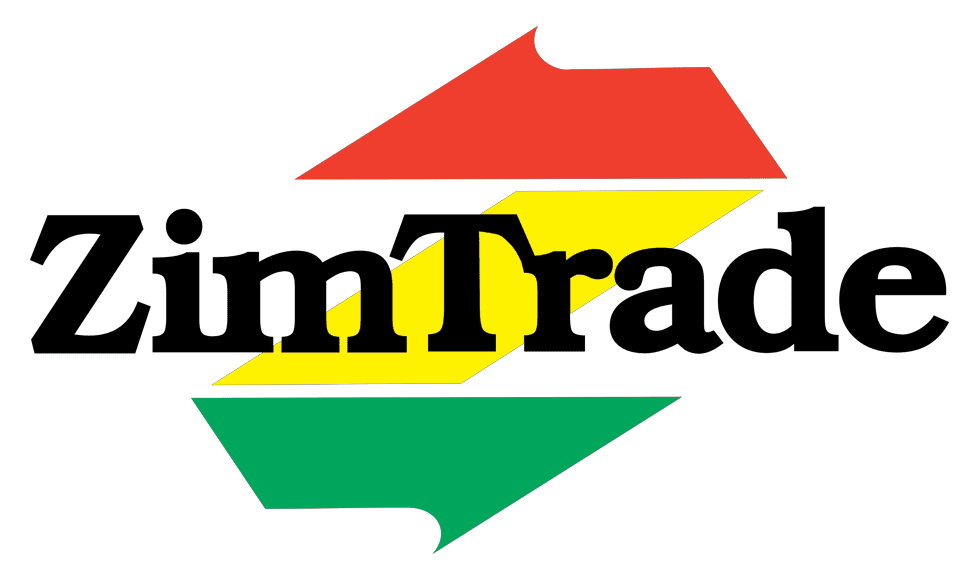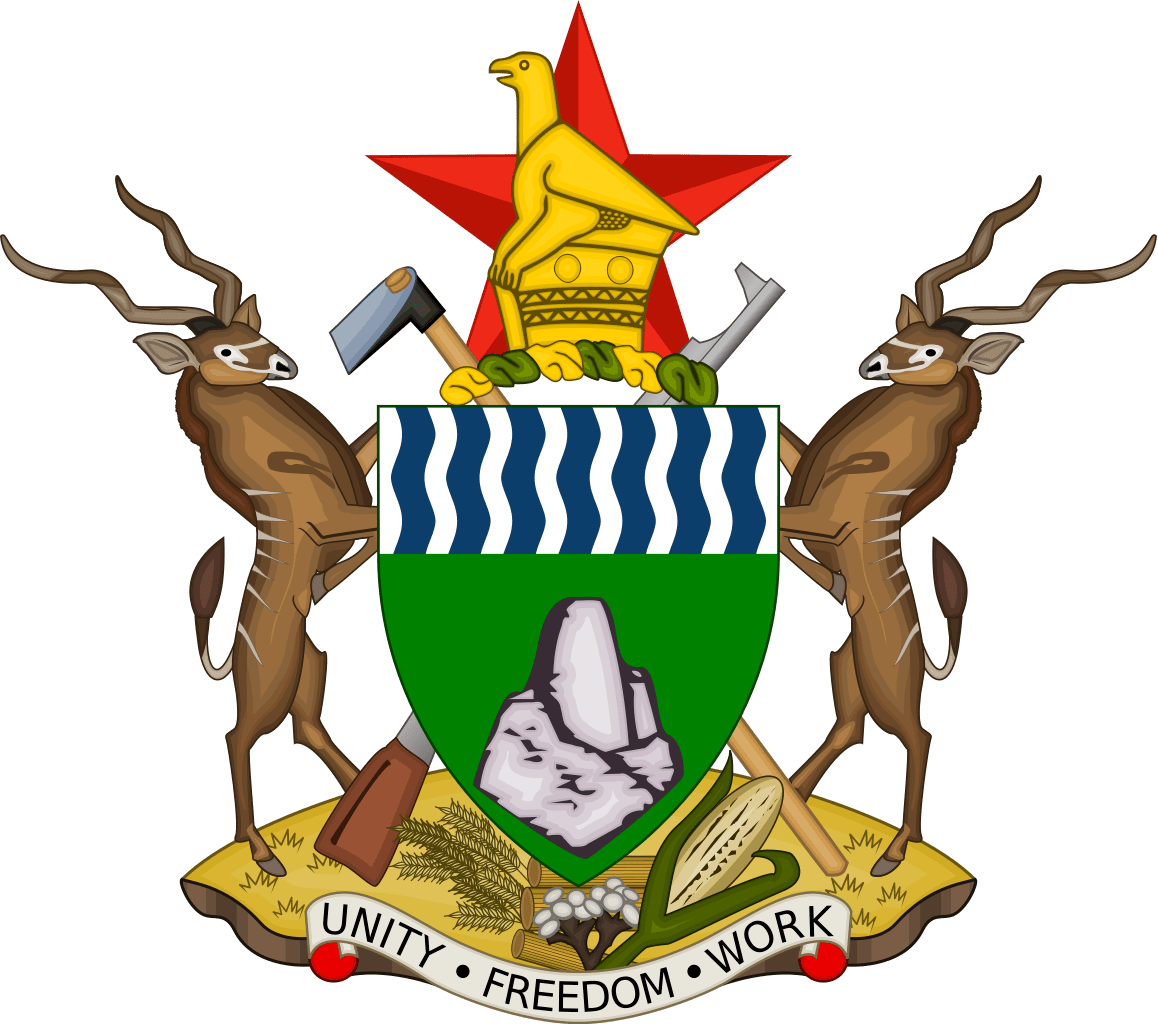Zimbabwe has been on a major drive to create stronger relations with all countries on the continent and beyond, and indications are that more countries are warming up to do business with local enterprises.
This is following the ongoing economic diplomacy being championed by His Excellency President E.D. Mnangagwa that is targeting to unlock economic benefits from Zimbabwe’s stellar foreign relations.
For businesses, the economic diplomacy agenda is unlocking profitable avenues for Zimbabwean products in export markets, as well as channels to attract investment and tourists.
In terms of export markets, the best success options for local companies are countries that Zimbabwe has preferential trade agreements with, particularly those in the region as they are easier to reach.
In trade, the guiding principle by the World Trade Organisation (WTO) is that countries must operate on the Most Favoured Nation basis, meaning, a country must extend the same treatment to all the WTO member states.
The organisation, however, allows for regional integration through the establishment of regional trade blocs, customs union and bilateral agreements, provided, the rules of these agreements do not undermine the fundamental principle of the WTO.
To grow trade amongst themselves, countries are allowed to establish bilateral agreements which are between two countries or multilateral agreements which are between more than two countries, such as Southern African Development Community (SADC), Common Market for Eastern and Southern Africa (COMESA) and the African Continental Free Trade Area (AfCFTA).
Preferential trade agreements have become an increasingly popular tool for countries seeking to promote economic growth and improve profitability.
Zimbabwe, like many other countries, has signed several bilateral and multilateral trade agreements over the years.
In the case of Preferential Bilateral Trade Agreements, Zimbabwe offers, or is offered better trading arrangements with the contracting partner than any other country that do not have a bilateral Trade Agreement with either country.
National trade development and promotion organisation, ZimTrade, has already published a Guide to Trade Agreements, which local companies can utilize to explore ways they can benefit from the agreements.
Bilateral trade agreements
Currently Zimbabwe has four operational bilateral trade agreements with Botswana, Malawi, Mozambique, and Namibia.
The Zimbabwe-Botswana trade agreement ratified in 1988 offers reciprocal duty-free trade on all products grown, wholly produced, or manufactured wholly or partly from imported inputs subject to a 25 percent local content requirement.
With Malawi, this is a reciprocal trade agreement that has been in place since 1995, with 25 percent domestic value-added requirements.
In Mozambique, the focus of the agreement that has been in place since coming into force in 2005 is to eliminate tariff and non-tariff barriers and to cooperate in customs and trade promotion.
The agreement provides for duty-free trade between the two members with the rules of origin specifying a 25 percent domestic value added.
Excluded from the agreement are refined and unrefined sugar, Coca-Cola/Schweppes soft drinks, firearms, ammunition and explosives, motor vehicles and cigarettes.
With regards to Zimbabwe-Namibia, there is a reciprocal agreement in effect since 1992, subject to rules of origin that require at least 25 percent local content for manufactured products and that Zimbabwe and Namibia should, as exporters, be the last place of substantial manufacturing.
Multilateral trade agreements
Zimbabwe is also signatory to the Southern African Development Community (SADC) Trade Protocol, the Common Market for Eastern and Southern Africa (COMESA) Free Trade Area, and the interim Economic Partnership Agreements (iEPA), the African Continental Free Trade Area (AfCFTA) as well as the UK-ESA EPA.
Further to these, small businesses can further benefit from the COMESA Simplified Trade Regime, which is operational in Malawi, Zambia, and Zimbabwe.
The regime was introduced to make it easy for small-scale cross border traders by simplifying and harmonizing customs and border procedures and improving efficiency of border clearance process.
COMESA STR targets small-scale traders importing and/or exporting goods worth US$ 2,000 or less, which are on the Common list of eligible products negotiated and agreed by the participating countries.
With AfCFTA, the agreement has a potential market of 1.2 billion people, and this will provide Zimbabwean businesses with access to a much larger market than they currently have.
By exporting more goods and services to other African countries, Zimbabwean businesses can increase their revenue and expand their operations.
Zimbabwe’s economy is heavily reliant on export of commodities, such as tobacco and minerals.
So, the AfCFTA will provide opportunities for Zimbabwean businesses to diversify their exports and tap into new markets.
This will help to reduce the country’s reliance on a limited range of exports and make the economy more resilient.
On the other hand, the UK-ESA EPA aims to increase bilateral trade between the parties by removing tariffs on a wide range of goods and services.
This will allow businesses in both regions to access new markets and increase their competitiveness.
By registering under the REX System, companies benefit from the EPAs which provides ESA countries with improved access to the UK market, which is one of the world’s largest economies, thus diversifying their exports and reduce reliance on traditional markets.
Zimbabwe, in common with other developing countries, is also benefiting from Generalised System of Preferences (GSP), which is offered by a number of developed countries.
The GSP is a system that provides reduced rates of duty- or duty-free access to products from the developing countries.
The preferences vary by country, product, and changes from year to year.
Developed countries that have extended GSP to Zimbabwe include Australia, Canada, Japan, New Zealand, United States of America, Norway, Russian Federation, Switzerland, Turkey, Belarus and all European Union countries.
Some key benefits
Preferential trade agreements are designed to stimulate and encourage trade between the countries or group of countries who sign the agreement, by giving one another preferential treatment in the reduction or elimination of customs duties as well as removal or relaxation of quantitative restrictions.
For example, duty and import related taxes could constitute a large percentage of the final price for cross border transactions.
Thus, a reduction or elimination of the duty can give the exporter a substantial advantage in terms of cost over competitors from countries that do not have similar trade agreements.
Duty and import related taxes could constitute a large percentage of the final price for cross border transactions.
A reduction or elimination of the duty can give the importer/exporter a substantial advantage in terms of cost over competitors from countries that do not have similar arrangements.
Zimbabwean companies looking to grow their exports should therefore take advantage of preferential trade agreements as a marketing strategy to give their products a competitive price incentive to current and potential customers.
Steps to Registration
To qualify under the bilateral and multi-lateral trade agreements it is necessary for the company or exporter to register with the Zimbabwe Revenue Authority (ZIMRA).
Preference is granted to goods that meet the Origin conferring criteria.
The Origin conferring criteria is referred to as the Rules of Origin (RoO), which is defined as a set of criteria that is used to distinguish between goods produced within territories of the states that are members to the agreement in question.
When goods meet RoO, it means that goods have been wholly produced or obtained in a member state, or they have been produced in a member state wholly or partially from materials imported from outside the member states by a process of production which effects a substantial transformation of the goods.
To enable the ZIMRA officials to verify the eligibility of the products, the company or exporter is required to submit supporting documents such as an application letter, CR14, list of products intended for export, valid tax clearance certificate, and a factual cost analysis of the products intended for export.
Certificates of origins must also be completed and submitted to ZIMRA.
Obtaining certificates of origins
For all trade agreements except the EU-ESA, exporters are required to submit Certificate of Origin to ZIMRA as part of the documentation and declaration process.
This is a documentary proof that goods or products meet the rules of origin requirements as specified by the Trade Agreement.
The certificates of origins can be obtained at ZimTrade offices in Harare, Bulawayo and Mutare.







